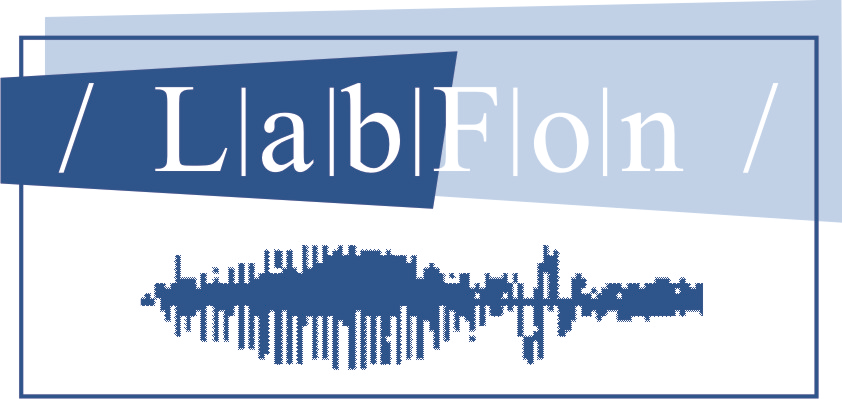Here you may find the materials used in each type of task:
We have three main sets of utterances to apply in this specific task:
- Global Set for European and Brazilian Portuguese: this corpus is controlled in order to inspect several parameters such as (i) the intonation contours per sentence types; (ii) topic and focus; (iii) sandhi phenomena; (iv) prosodic phrasing in relation with the syntactic structure (branching and non-branching constituents) and length; (v) rhythm. This global set is collected for all varieties.
- EP - Set for the North [.pdf]: this corpus allows us to observe the influence of prosody in the insertion of the glide in a specific phonological context which was already analysed from a segmental point of view. This specific set of utterances is collected only in the North of the country.
- EP - Set for the South [.pdf]: this corpus allows us to examine the influence of prosody in phrase final vowel insertion, a phenomenon which was already analysed from a segmental point of view. This specific set of utterances is collected only in the South of the country.
- EP - Set for the Islands [.pdf]: this specific set of utterances is collected only in the Madeira and Azores islands.
- Discourse completion task
This task allows to obtain semi-spontaneous data from the speakers responses to a survey of different sentence types and pragmatic meanings. Both the European and Brazilian Portuguese versions are adapted from the questionnaire built for Catalan studies on intonational variation (Prieto & Cabré 2007).
Recently, an adaptation of this survey was also proposed by Cruz, Martins & Frota (2017) [.pdf] for collecting data of Portuguese Sign Language.
This task is designed to obtain specific types of interrogatives in a natural/spontaneous way. It is performed by two subjects (the giver and the follower) in cooperation. Each of them has a map representing an imaginary town with monuments, banks, gardens, etc. These places may have different names or even different locations from one map to another and the giver’s map is the only one with the route drawn on it.
Basically, the follower has to ask his/her partner (the giver) for the information needed in order to draw the route on his/her map. Both the giver's map and the follower's map
were adapted from Atles interactiu de l’entonació del català.
In this task, speakers are asked to talk about their youth, their origins and occupations, and the researcher should have a minor participation. A representative extract of the conversation is then selected for analysis.
- List of abbreviations
EP abbreviations:
Alc: Alcochete (Setúbal) | Alt: Alte (Faro) | Alv: Alvor (Faro) | ArV: Arcos de Valdevez (Viana do Castelo) | Avo: Aveiro | Bra: Braga | Bca: Bragança | CtB: Castelo Branco | CtL: Castro Laboreiro (Viana do Castelo) | Cob: Coimbra | ExB: Enxara do Bispo (Lisbon) | ECL: Estreito de Câmara de Lobos (Funchal - Madeira Isaland) | Erm: Ermesinde (Porto) | Eva: Évora | Fis: Fiscal (Braga) | FgS: Figueiró da Serra (Guarda) | Fcl: Funchal (Madeira Island) | Gia: Gião (Porto) | Grj: Granjal (Viseu) | Mld: Melides (Setúbal) | Nis: Nisa (Portalegre) | PtD: Ponta Delgada (S. Miguel - Azores Island) | PtG: Ponta Garça (S. Miguel - Azores Island) | PtV: Porto de Vacas (Coimbra) | SEP: Standard European Portuguese (Lisbon) | Srp: Serpa (Beja) | Str: Santarém | Vis: Viseu | VlR: Vila Real | ALG: Algarve (Albufeira) |ALE: Alentejo (Castro Verde) | POR: Porto
BP abbreviations:
BA: Bahia | MG: Minas Gerais | PBA: Paraíba | PER: Pernambuco | PR: Paraná | RJ: Rio de Janeiro | RGS: Rio Grande do Sul | SC: Santa Catarina | SE: Sergipe | SP: São Paulo
|






